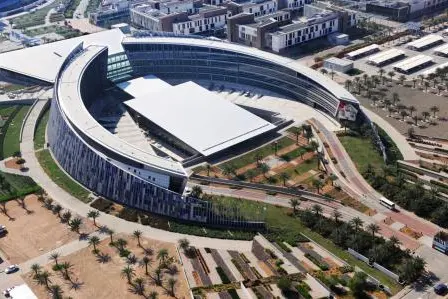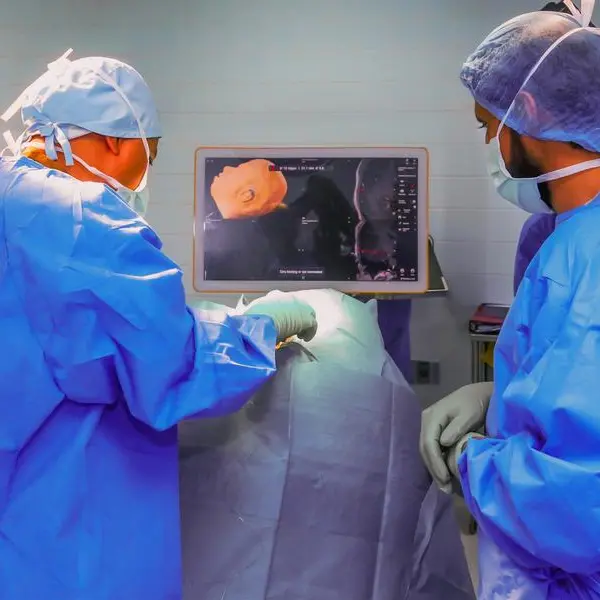PHOTO
Al Ain - Today, the United Arab Emirates University observed the United Nations’ International Day of Epidemic Preparedness. This annual event on 27th December serves to remind us that major infectious diseases and epidemics have devastating impacts on human lives and long-term social and economic development.
Dr Ahmed Deemas Al-Suwaidi, Associate Professor and Head of Pediatrics, and Consultant in Pediatric Infections Diseases at the UAEU outlined the contemporary significance of epidemics. He said, “Despite our advanced medical and public health sciences, epidemics such as swine flu, avian influenza, haemorrhagic fever and, more recently, COVID-19 have rapidly spread around the world with severe global impact. These epidemics have led to the paralysis of social norms and activity and the economy”. He explained that “Travel and trade enable the movement of microbes and viruses. Therefore, owing to ease and frequency of transport and displacement of people, animals, and goods, the world has become a ‘global village’”.
He added that moreover, “When bacteria and viruses proliferate, they also transform leading to new genetic mutations. They are also capable of spreading faster than we might imagine. This has dangerous implications for human beings. It is important to bear in mind that an epidemic does not discriminate between developed countries with rich resources and countries with poor infrastructure and few resources. Therefore it is essential that academic research, commercial laboratories, scientific discussion, and public health education all work together to combat epidemics”.
Dr Al-Suwaidi also added that, “Individuals play an important role. They should adhere to medical instructions including use of available vaccines and adherence to precautionary measures. If people underestimate the recommended measures their actions may have grave consequences for the lives of other people. In addition, misinformation during the period of the present COVID-19 epidemic is adding to the uncertainty and disruption. The public should rest assured that the academic and scientific communities remain the most reliable sources of accurate information. Their medical, public health, social and economic expertise enables them to address the varied problems of an epidemic”.
The United Arab Emirates University has played a significant scientific role in the COVID-19 pandemic. Dr Al-Suwaidi said, “For example, the UAEU participated in the clinical trials of the Federal Gamalia Institute for Epidemiology and Microbiological Research in the Russian Federation. It also collaborated with the Abu Dhabi Department of Health in a project using artificial intelligence to develop a model to anticipate the expected spread of COVID-19”.
-Ends-
© Press Release 2021
Disclaimer: The contents of this press release was provided from an external third party provider. This website is not responsible for, and does not control, such external content. This content is provided on an “as is” and “as available” basis and has not been edited in any way. Neither this website nor our affiliates guarantee the accuracy of or endorse the views or opinions expressed in this press release.
The press release is provided for informational purposes only. The content does not provide tax, legal or investment advice or opinion regarding the suitability, value or profitability of any particular security, portfolio or investment strategy. Neither this website nor our affiliates shall be liable for any errors or inaccuracies in the content, or for any actions taken by you in reliance thereon. You expressly agree that your use of the information within this article is at your sole risk.
To the fullest extent permitted by applicable law, this website, its parent company, its subsidiaries, its affiliates and the respective shareholders, directors, officers, employees, agents, advertisers, content providers and licensors will not be liable (jointly or severally) to you for any direct, indirect, consequential, special, incidental, punitive or exemplary damages, including without limitation, lost profits, lost savings and lost revenues, whether in negligence, tort, contract or any other theory of liability, even if the parties have been advised of the possibility or could have foreseen any such damages.




















